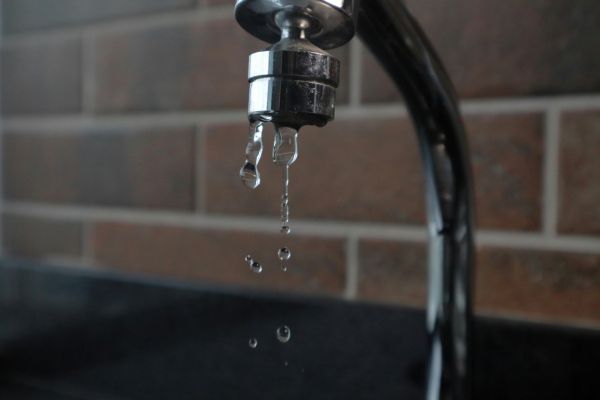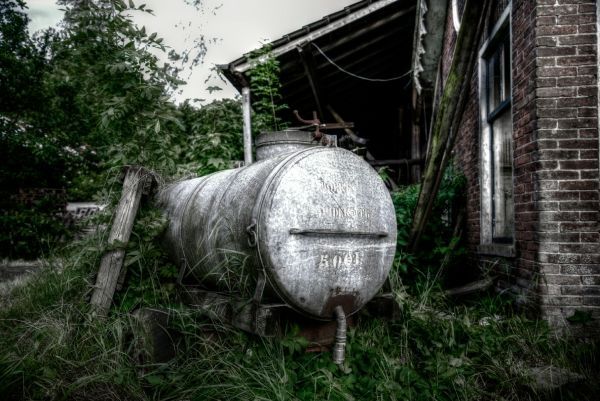Master Plumbers Blog
Common Water Heater Problems and How to Prevent Them
Like any frequently used appliance, water heaters are subject to wear and tear. Over time, they can succumb to various issues, which range from minor inconveniences like slight temperature fluctuations to major problems such as leaks or complete system failure. The root causes of these issues are manifold, including sediment buildup, corrosion, and the natural degradation of components.
Maintaining a water heater in peak condition is not just about reacting to problems as they arise but also preventing them where possible. The best way to achieve this is to have a ready contact for experts in plumbing Dunedin residents trust. Whether you’re located in the city or some other part of New Zealand, skilled professionals are readily available to both assist with routine maintenance and provide emergency plumbing services should you need them.
Let’s delve into some of the most common water heater problems you might encounter and how to effectively mitigate them:

Leaks
Discovering a puddle of water around your water heater can be an unwelcome surprise; it also signals potential trouble. Leaks may stem from various sources, such as loose connections, a failing tank, or malfunctioning valves. These issues put your home at risk of water damage, and can also significantly impair the efficiency of your water heating system.
Inspect your water heater regularly, as this can help you identify and tighten any loose fittings before they result in leaks. Also, pay close attention to the condition of the tank and its components, such as the pressure relief valve, to preemptively address wear and tear. Timely intervention, possibly with the help of plumbing professionals like Mains Plumbers, can avert more severe damage and preserve your heater’s longevity and performance.
Thermostat Problems
Your water heater’s thermostat is the main mechanism that enables it to deliver water at just the right temperature. When this component malfunctions, you might find yourself facing water that's too hot, which risks burns, or too cold, which causes discomfort. Thermostat issues can arise from electrical problems, sediment buildup affecting sensors, or simple wear and tear over time.
To keep your heater producing water at a consistent temperature, test your water heater's thermostat frequently and reset it as needed. If inconsistencies persist, you may need to replace the thermostat. This task is essential for maintaining the safety and comfort of your home’s hot water supply. For best results, consult with a professional who can help safeguard your peace of mind and make sure that your water heater operates efficiently.

Corrosion
One of the stealthier adversaries of your water heater's longevity is corrosion. This process steadily weakens the tank and its components, and eventually leads to leaks or system failure. Corrosion occurs when the metal of the tank reacts with oxygen and water, a process that can be accelerated by the presence of electrical currents or certain chemicals in the water supply itself.
To combat corrosion, water heaters come equipped with an anode rod, also called a sacrificial rod. This component, as its name implies, is designed to corrode in place of the tank itself. Regularly inspecting and replacing the anode rod before it's completely worn away can extend the life of your water heater substantially. It’s a small step that can prevent a big problem and help your system stay robust against the erosive forces it faces daily.
Noisy Operation
A water heater that begins to make unusual noises, such as popping, cracking, or rumbling sounds, is often signalling sediment build-up at the bottom of the tank. This sediment layer can insulate the water from the heater’s elements or burner, cause overheating and, consequently, make it produce these alarming sounds. These sounds require your attention because they’re more than just inconvenient—the heating and reheating of sediment can also lead to tank damage over time.
One straightforward yet effective way to clear out sediment and reduce the risk of noise and overheating is to flush your tank often. This process involves draining the water heater to remove the particles that have settled at the bottom. You can DIY this task but if you’re less familiar with their system's workings, enlist a professional for this task to get it done safely and effectively.
Insufficient Hot Water
It can be frustrating to find that your hot water supply runs out faster than it should, especially during peak usage times. This issue may indicate that your water heater is not sized adequately for your household's needs. It may also be due to problems such as a malfunctioning heating element (in electric heaters) or a faulty gas burner (in gas heaters).
To start, make sure your water heater is appropriately sized for your family’s usage to avoid running out of hot water. If sizing is not the issue, then you may need to check and replace the heater’s components, such as a burned-out heating element in an electric heater or a broken burner in a gas heater. Regular maintenance checks enable you to identify these issues before they become problematic.
Proactive measures to prevent or address common water heating problems can help you maintain the lifespan and efficiency of these essential household appliances for the long haul. Regular maintenance and timely repairs, supported by the expertise of skilled professionals from Mains Plumbers, don’t just ensure a reliable supply of hot water—they also safeguard your home against potential damage and inconvenience. When you understand the quiet but crucial role your water heater plays in daily life and embrace these practices, you’re making a necessary investment in your household’s comfort and well-being.





